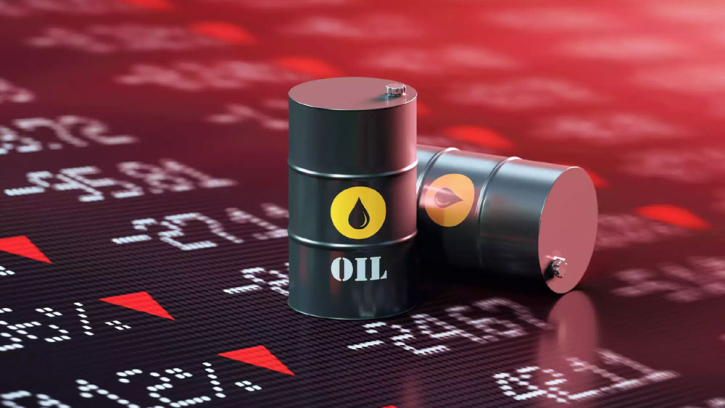Oil prices ease as war premium fades

Crude oil prices have reversed some of the gains they made on Monday as traders returned their attention to Chinese demand concerns.
Earlier in the day, oil held on to the gains that saw Brent crude breach $80 per barrel for the first time in months. The benchmarks had booked five straight days of gains amid rising tensions between Israel and Iran.
However, the war premium seems to be fading fast, once again, probably because traders are unwilling to wait for more than a day for Israel’s reaction to Iran’s missile attack last week. The more time passes between attack and retaliation, the weaker oil benchmarks will get, as suggested by Middle Eastern events from earlier in the year.
So, in the absence of anxiety about the Middle East, oil market players are once again turning their attention to the default factor directing prices these days: Chinese demand.
Per a Bloomberg report from earlier in the day, traders had expected more stimulus measures to be announced by the Chinese government at a much-awaited briefing by Beijing’s economic planner. Those expectations were apparently present despite a recent announcement of stimulus measures by the Chinese government.
“Crude is not getting the love from China that Chinese equities are,” Vishnu Varathan, head of Asia economics and strategy for Mizuho Bank, told Bloomberg. “Perhaps because the path of least resistance for the liquidity deluge is to the equity markets”
Some believe, however, that the price retreat today is a result of a reconsideration of the risk for oil supply disruption in the Middle East. “The geopolitical tensions in the Middle East rock on, but there has been some paring of exposure lately on some expectations that any disruptions to energy supplies may be more measured,” IG marketing strategist Yeap Jun Rong told Reuters.
Indeed, some observers have argued that it would be counterproductive for Israel to disrupt oil supply in the region—and the world—especially ahead of the U.S. elections. This has suggested a moderate rather than severe response to Iran.
.png)




